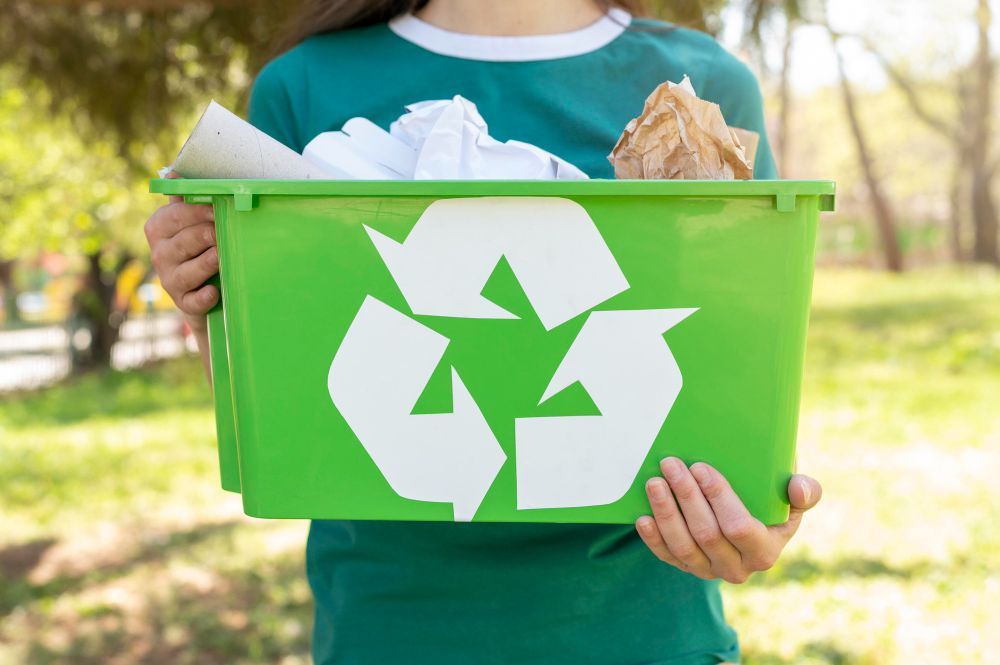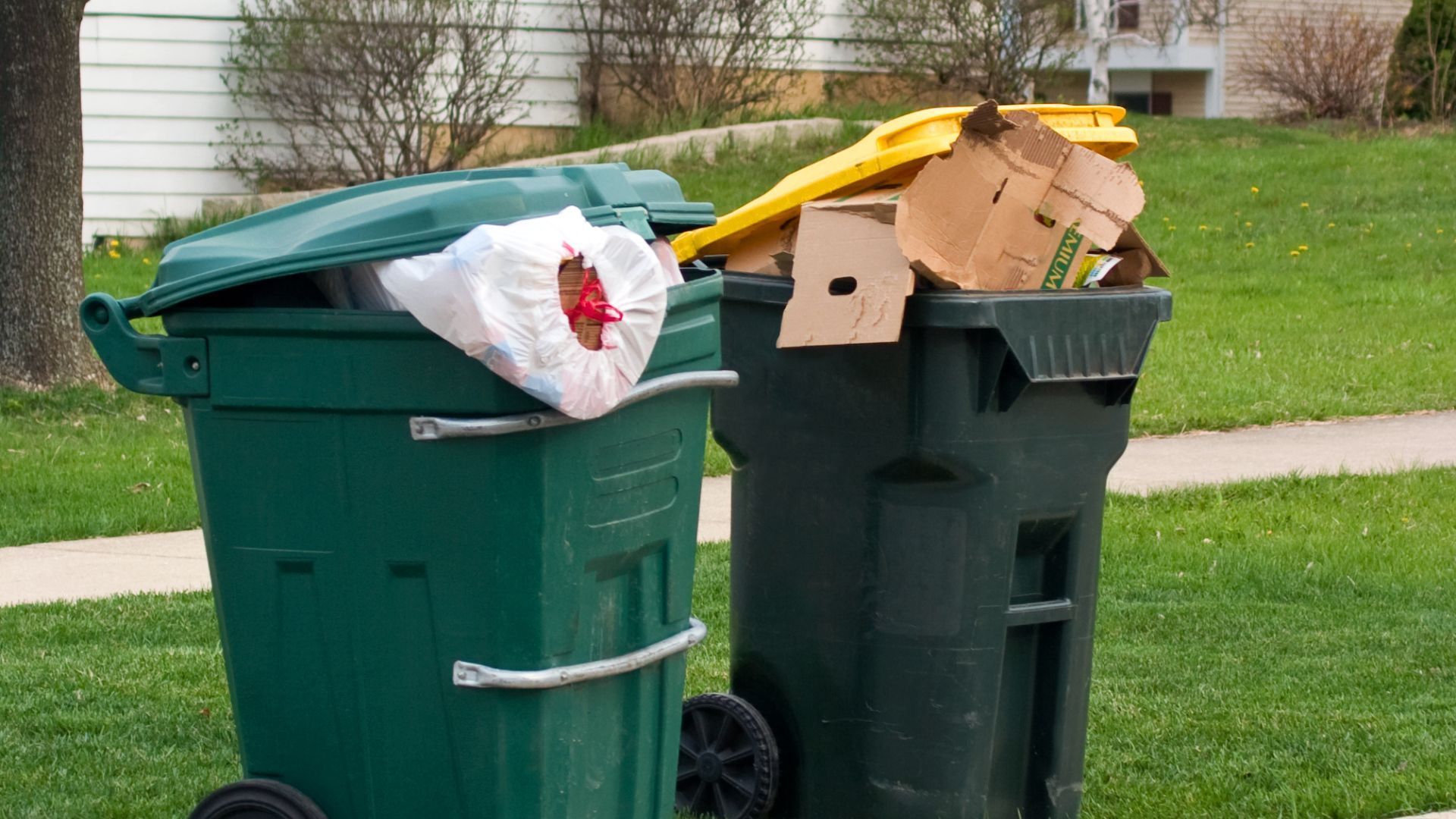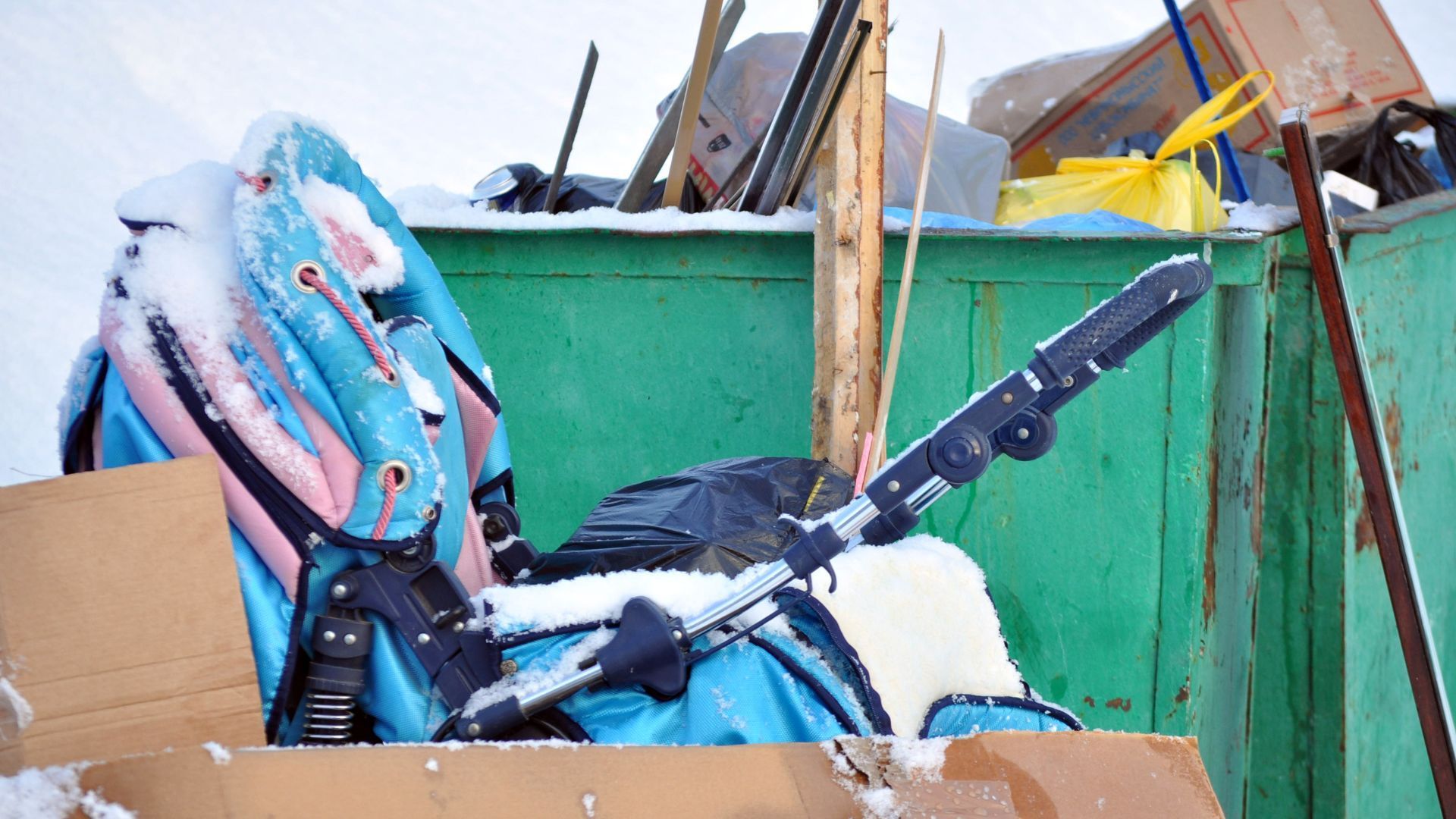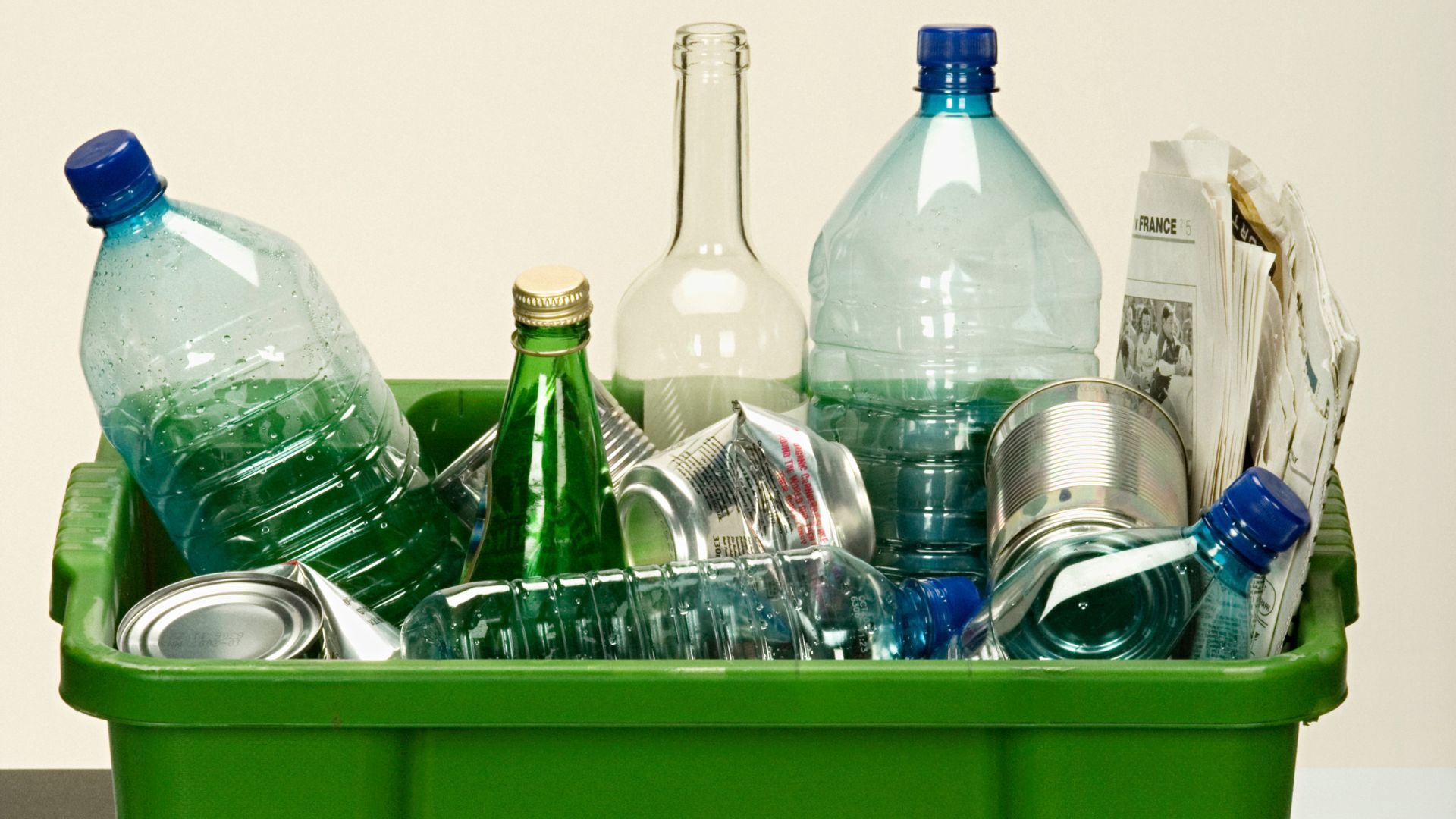Eco-Friendly Junk Removal Augusta Tips for Smart Recycling
Junk—it builds up slowly, then all at once. Whether it’s a worn-out sofa in the garage, a pile of cardboard from that online shopping spree, or a garage teetering on hoarder status, we’ve all faced the moment of asking: what do I do with all this stuff? While the fastest option is often the trash bin, the smartest route is much greener. In a city like Augusta, where environmental consciousness is steadily growing, eco-friendly junk removal is more than a buzzword—it’s a responsibility.
But what does “eco-friendly” really mean when it comes to tossing out the old? It’s not just about recycling soda cans or donating gently-used clothes—it's about creating a system. A lifestyle. One that’s rooted in sustainability, community awareness, and smarter habits. In this guide, we’re diving deep into the heart of Augusta’s recycling landscape, and uncovering how everyday junk can be rerouted toward purpose, not pollution. Let’s turn trash into transformation.
Understanding Eco‑Friendly Junk Removal
When it comes to managing unwanted items, the eco‑friendly approach centers on reducing waste and minimizing environmental impact. Instead of tossing everything into a dumpster, think of a three‑step mantra: reduce, reuse, recycle. Start with a mindful inventory of your clutter—evaluate what's genuinely trash, what can be donated or repurposed, and what should be recycled. This intentional mindset isn’t just environmentally responsible; it also fosters a clearer, more purposeful living space.
By approaching junk removal with intention, you lessen landfill contributions and extend the lifecycle of materials. For example, certain plastics, metals, and electronics may hold residual value through recycling streams. Similarly, furniture, textiles, or gently used items can find new homes via donation. Sorting as you go also means less time spent down the road organizing or clearing away unsorted loads. An eco‑friendly removal process starts in your garage or attic, extends to local recycling centers, and culminates in creating cleaner spaces and a healthier planet.
The Importance of Local Recycling in Augusta
Augusta’s recycling infrastructure offers robust support for residents who wish to dispose of waste responsibly. Local curbside programs accept various materials such as paper, cardboard, cans, and bottles, while specialized drop‑off centers handle electronics, batteries, and yard debris. Familiarizing yourself with what each facility accepts helps ensure you don’t contaminate recyclables, which can cause entire batches to be landfilled.
On top of municipal options, private resources add flexibility. Some organizations or private haulers partner with manufacturers or environmental programs to recycle bulky items. Community collection events—often held seasonally—invite residents to bring large household items for eco‑safe disposal or donation. By leveraging all these local windows, you reduce individual waste and collectively benefit from economies of scale. The synergy of public and private efforts strengthens Augusta’s environmental resilience.
Sorting Junk for Maximum Recycling
Effective junk removal hinges on thorough sorting. Begin by creating designated zones: recyclables, donate/repurpose items, hazardous materials, and landfill waste. Clear labeling or color‑coded bins minimizes confusion and ensures nothing gets misplaced. Plastics, metals, and paper should be rinsed or cleaned before recycling; this simple step preserves the quality of the recycling stream.
Next, salvage anything with life left—books, clothes, appliances, or hardware. These can be sold, traded, or donated. Even items that seem broken may contain parts that are still valuable. Anything that cannot be reused or recycled often includes electronics and chemicals; these require special handling. Do not mix them with ordinary recyclables, as they pose health, environmental, and regulatory risks. A disciplined sorting process ensures that each item lands in the correct stream, fostering environmental responsibility.
Navigating Augusta’s Hazardous Waste
Household hazardous items—like paints, pesticides, cleaning solvents, and old batteries—should never go into regular trash or recycling bins. In Augusta, residents can drop off these items during scheduled hazardous waste collection events hosted by local authorities or waste management partners. These events accept a wide array of substances and divert them from streams that could lead to soil and water contamination.
If you miss an event, look for permanent facilities that accept household hazardous waste. Proper disposal of these materials is critical; improper handling can harm public health and wildlife, and may violate regulations. When dealing with potentially dangerous items, always wear protective gear and ensure containers are sealed and labeled. By disposing of hazardous waste correctly, you protect your household and contribute to cleaner waterways.

Repurposing and Reusing Items Smartly
Not everything old is useless. A reclaimed furniture piece, once cleaned and refinished, can become a unique statement in your home. Similarly, clothing, linens, and textiles may gain fresh life through donation or repurposing. Some fabrics can be upcycled into cleaning rags or craft supplies. Even clever DIY solutions like pallet‑wood projects turn waste into functional décor.
Online platforms and local swap networks also allow your items to find new homes, bypassing waste streams entirely. Offering gently used goods encourages community reuse and diminishes resource strain. Vintage or antique items can even sell for profit. By thinking creatively, you unlock opportunities for sustainability—each repurposed item saves resources and avoids landfill contributions.
Recycling Electronics and E-Waste
Electronics contain many valuable materials, such as precious metals and rare minerals. However, they also pose risks of heavy metal contamination if improperly thrown away. Computing devices, TVs, phones, and batteries all belong in e‑waste recycling centers. In Augusta, dedicated drop‑off options ensure secure and environmentally responsible recycling, while many retailers provide take‑back services for certain brands or products.
Before handing over electronics, remove personal data. Back up files, then wipe or reset devices. For hard drives, consider physical destruction for sensitive data. Batteries, especially lithium‑ion types, can cause fires if damaged; they should never be crushed or placed loosely in dispose bins. Secure e‑waste disposal conserves raw materials, reduces pollution, and contributes to a circular economy where electronics are mined less and recycled more.
Eco‑Friendly Disposal of Yard Waste
Leaves, branches, and grass clippings can be composted rather than bagged. Check if Augusta’s waste management program offers curbside composting or yard debris pick‑up—if so, bag materials separately and clearly mark the bags for compost. Composting on‑site is also a viable path: shredded yard waste breaks down quickly in a home compost pile.
Compost enriches soil, reduces the need for chemical fertilizers, and supports healthy gardens. Even small-scale composting has big environmental benefits. If compost isn’t viable on your property, local farms or community gardens often accept yard waste donations. What seems like debris can fuel nutrient cycles rather than landfill methane emissions.
Choosing Sustainable Junk Removal Services
When selecting a junk removal provider, vet their environmental practices. The best ones don’t simply haul everything to landfill; they sort onsite, divert recyclables to proper facilities, and donate usable items. Ask about their recycling rates and whether they partner with local charities. A high‑quality provider knows how to comply with Augusta’s environmental regulations, plus state and federal waste disposal laws.
Eco‑responsible haulers may also offer transparent audits and tracking. They’ll report what percentage of your haul was recycled, donated, or composted. Honesty is key. Pay attention to companies that provide upfront estimates for recycling and disposal charges separately. That level of clarity promotes accountability—and gives you peace of mind that you aren’t paying a premium for landfill-bound waste.
Cost-Saving and Environmental Benefits
Shifting to eco‑friendly junk removal may seem more effortful upfront, but it delivers long-term value. Many recyclables hold tangible value, and charitable donations can be tax‑deductible. Additionally, compacting yard waste or electronics before pickup reduces haul volume—and potentially lowers service charges.
Beyond cost, the environmental dividends are undeniable. Recycling conserves raw materials, lowers carbon emissions from manufacturing, and mitigates pollution. When communities embrace responsible disposal practices, landfill space is conserved and local ecosystems are protected. Over time, mindful junk removal becomes not just a personal choice, but a collective force for environmental stewardship across Augusta.
Integrating Smart Recycling Habits Daily
Eco‑friendly junk removal isn’t solely a one‑off task—it starts with daily habits. Keep recycling bins easily accessible in your household. Label them clearly and post lists of accepted items nearby. Periodically check online or municipal guides to stay current with recycling rules—which may evolve with market demand or local policies.
Encourage family members to treat eco‑sorting as second nature. Monitor waste streams regularly to catch contamination early—mixed materials can ruin entire recycling bundles. As items accumulate, set recurring “clear-out” dates to sort and prep materials. These micro‑actions reduce bulk junk removal efforts and embed environmental thinking into everyday life.
Community Engagement and Advocacy
Communicating with neighbors about smart recycling multiplies the impact. Host a swap meet, organize a neighborhood clean‑up, or facilitate bulk waste collection for shared items. Community events spread awareness and provide practical support to recycle properly.
Local voices also matter in policy making. Attend city council or waste‑management forums. Advocate for expanded recycling services, improved regulations for e‑waste, or periodic hazardous material collections. Informational campaigns or school programs can tip cultural norms toward sustainability. Collective advocacy helps push both waste diversion targets and environmental education forward.
Conclusion
By embedding smart recycling habits into junk removal, every individual can reshape Augusta’s environmental footprint. Simple acts—separating recyclables, responsibly discarding electronics and hazardous materials, composting yard waste—amass collective ecological benefit. Scrutinizing recycling providers' practices ensures that even large-scale disposal aligns with sustainability goals. The result isn’t only reduced landfill waste and lower waste-management costs—it’s a healthier community, a more resource-efficient economy, and a renewed pride in local environmental leadership. Through deliberate choices, Augusta residents can transform their homes and neighborhoods into models of responsible living. For those seeking professional assistance in navigating eco-friendly junk removal, Hinkins Disposal in Augusta, GA, offers reliable and responsible services. To get in touch, call (706) 885‑4032 or email Hinkinsdisposal@gmail.com.




